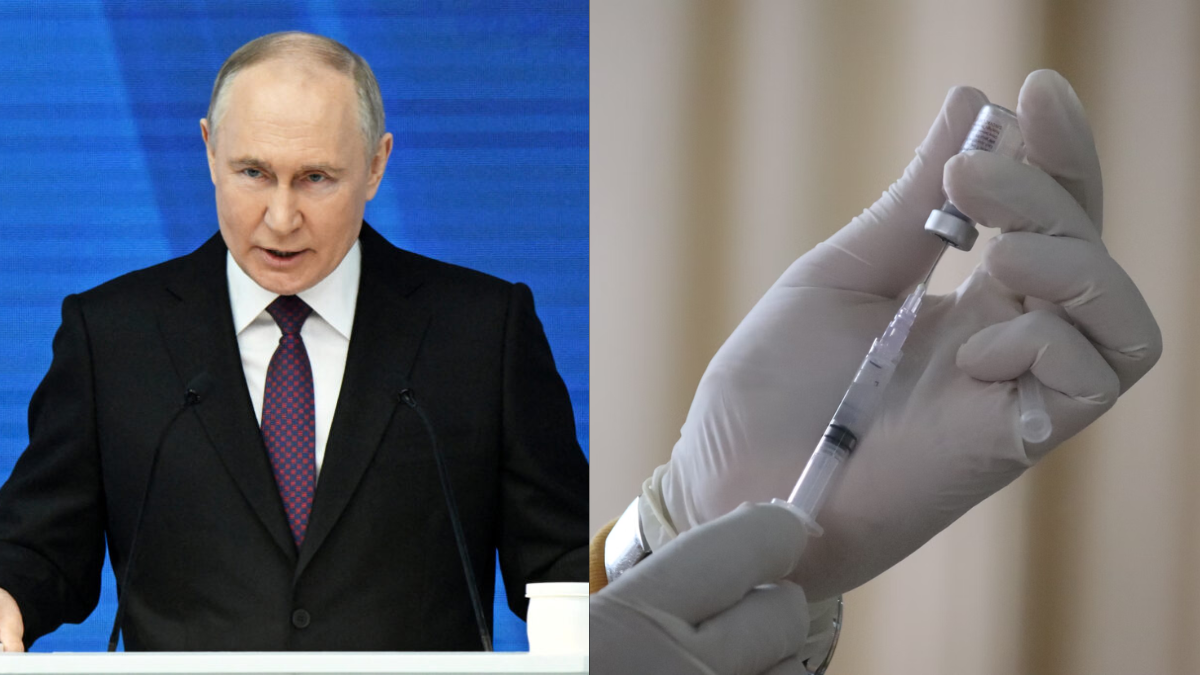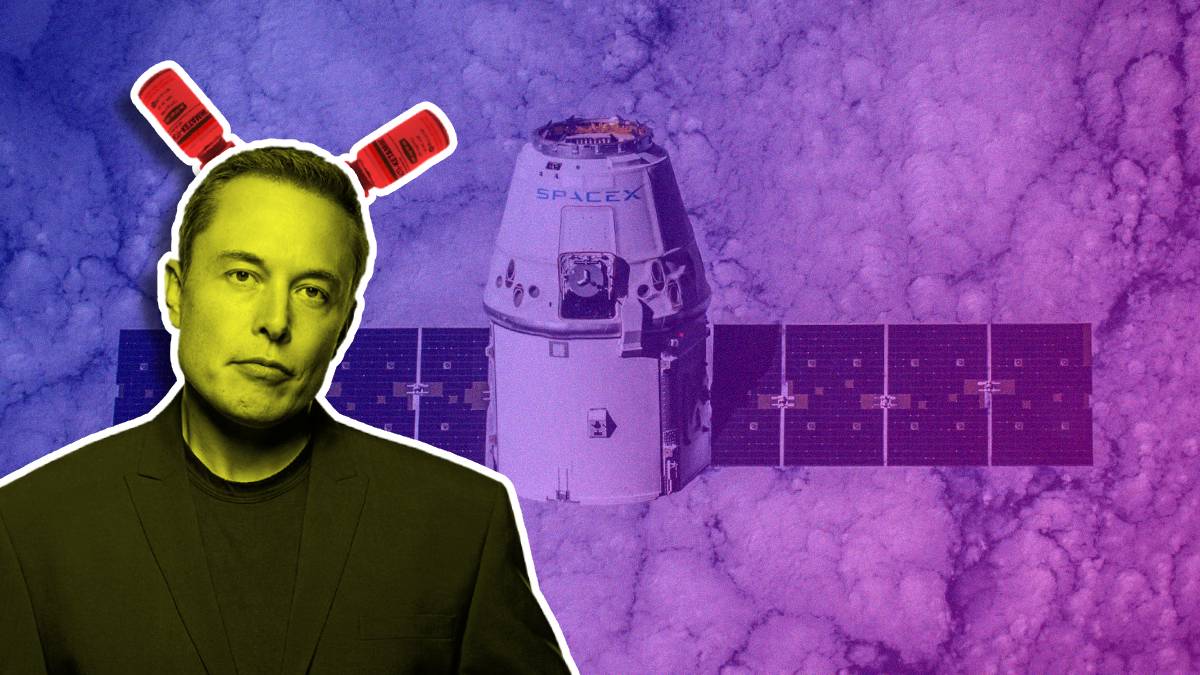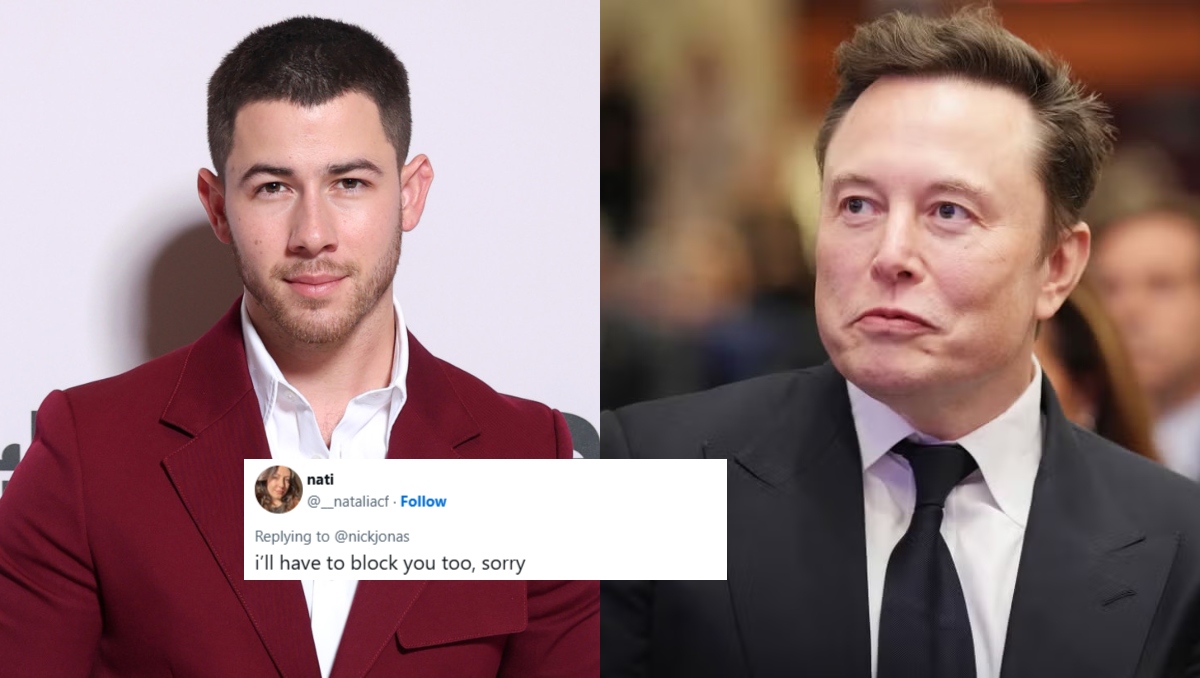Russia has announced the development of cancer vaccines which will be soon be accessible to the public. According to reports, the vaccines will be administered starting early 2025 free of cost. Instead of distributing it to the general public, the vaccines will reportedly be personalised for cancer patients.
The announcement about the m-RNA vaccines was made by Andrey Kaprin, the General Director of the Radiology Medical Research Center of the Russian Ministry of Health, per Russia’s state-owned agency TASS.
Russia’s cutting-edge cancer vaccine should be made available to all Russians free of charge, the chief oncologist of the Ministry of Health has said. Andrei Kaprin said the vaccine will cost the state 300,000 rubles per dose, and will be available in 2025. pic.twitter.com/nQiUS3rLZI
— RT (@RT_com) December 17, 2024
It further reported that Alexander Gintsburg, director of the Gamaleya National Research Center for Epidemiology and Microbiology in Moscow, said that the vaccines were able to suppress tumour growth in clinical trials, and thus are capable of stopping the cancer spread.
Notably, it is unclear what kind of cancer the vaccines will help against. The name has also not been revealed. The announcement comes after Russian President Vladimir Putin said in February that researchers are close to developing a cancer vaccine.
How will the m-RNA vaccines work?
To understand how the m-RNA vaccines work, we first need to learn about what m-RNAs are.
Short for messenger RNA, m-RNA is a molecule that carries genetic instructions from DNA to cells, telling them how to make specific proteins. In the context of vaccines, mRNA is used to instruct cells to produce a specific protein that triggers an immune response.
When an mRNA vaccine is administered, the mRNA is taken up by cells, which then use the genetic instructions to produce the desired protein. The immune system then recognises this protein, triggering an immune response. The immune system learns to recognise and attack cells displaying this protein, providing immunity against specific diseases, including cancer.
In the case of cancer, mRNA vaccines work by instructing cells to produce proteins that are specifically associated with cancer cells. The immune system then learns to recognise and attack these cancer cells.
ALSO SEE: Goodbye Cancer? For The First Time Ever Cancer Vanishes In All Patients In A Drug Trial
According to the National Cancer Institute, the immune cells which take up the mRNA, which encodes proteins associated with cancer cells, are called dendritic cells.
Personalized mRNA cancer vaccines are also being developed, which involve creating a customised vaccine for each patient based on the specific genetic mutations present in their tumor. This approach has reportedly shown encouraging results in early clinical trials.
This is being seen as a significant development in beating cancer which is one of the most fatal diseases in the world. According to the World Health Organisation (WHO), there were 20 million new cases and 9.7 million deaths due to the disease in 2022. Lung cancer was the most common. The vaccines may also reduce the cancer burden on Russia which reported 6,35,000 cases in 2022, per FirstPost.
ALSO SEE: Getting A Tattoo? You Could Get Cancer; New Study Shows Ink May Contain Cancer-Causing Chemicals














